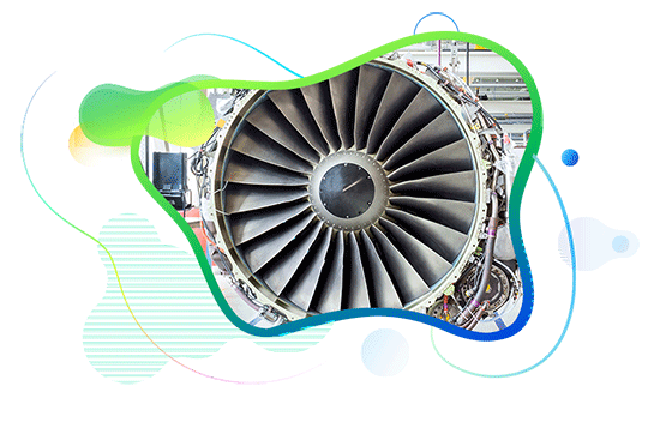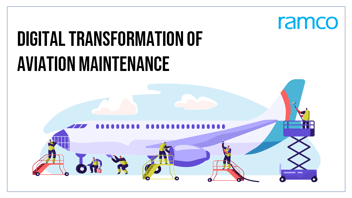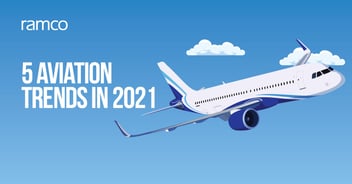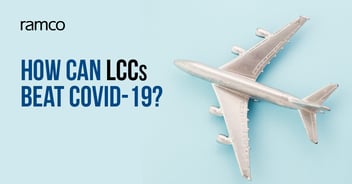
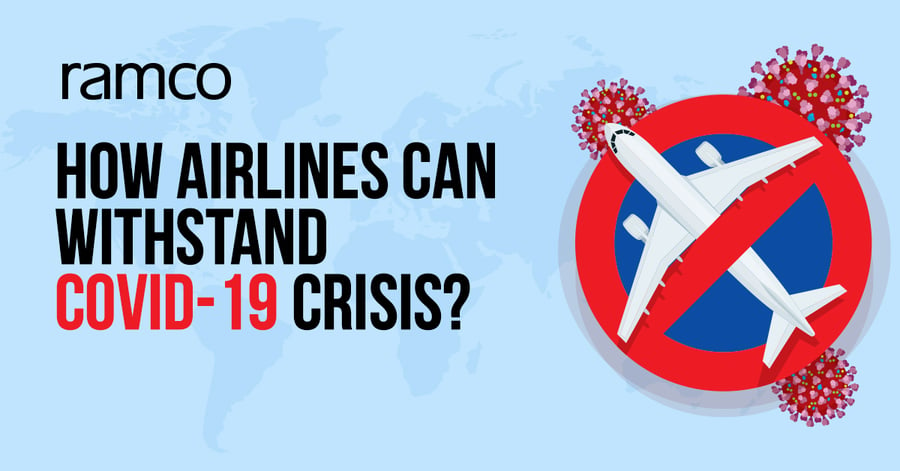
I hope all of you are well and safe. Words cannot explain the calamity that the Corona pandemic has brought about. Most of the countries have implemented lockdowns and the world’s progress, as of now, has come to a halt. The after-effects of this will have far-reaching changes in our lives, businesses, communities and the very nature of our way of doing things. This is not going to end very soon and probably take this year or more for us to slow the spread. In the words of Singapore’s National Development Minister, Lawrence Wong, who heads task force to combat COVID-19 in Singapore:
Singapore is only at the beginning of a very long fight against COVID-19. So let us rally together and rise to this challenge... and we will emerge stronger and toughened after this crisis.
If there is one industry that has taken an early and severe hit due to COVID-19, it is undoubtedly the Aviation industry. Governments have closed the borders, suspended air travel as immediate measures across the globe. As I write this article, probably all commercial airlines across the globe are grounded. How much does it impact? Global Aviation industry supports 65.5 million jobs and $2.7 trillion economic activity across the globe. If you think of Aviation as a country and rank it based on the GDP value, Aviation will be in 8th place in such a list of countries. Now, you do the math!
Now, even if the world is out of the virus crisis, people will still be wary of air travel and will probably reduce leisure travel for a couple of years, which impacts not just Aviation, but other ancillary industries like travel retail, tourism, etc. So, what can the industry do?
Here are my views on what the aviation industry can do to minimize the repercussions of COVID-19 on the industry.
- Instill confidence in air passengers: During this crisis, airlines have got the unwanted reputation of enabling the spread across the globe, as infected passengers seem to have air-traveled without being aware of their infection. The industry must put a mechanism in place that identifies the infected people well in advance so that confidence is instilled in PAX (passengers). Airlines cannot do this alone but only with collaborated effort with other players in the ecosystem such as regulators, airports, health agencies, and technology partners. Some of the ways they can do this are:
- Just like how yellow fever vaccination is mandatory for travel to African countries, one can make health certificate mandatory for travel, declaring that the PAX has not exhibited symptoms of Corona for 2 weeks before travel date
- At airports, facial recognition-based thermal scanners should be installed that will help identify the passengers with body temperatures. PAX with any signs of symptomatic temperatures can be sent for further checks. There is a technology already in place, where some of the organizations have developed risk identification systems based on thermal, facial and voice recognition. Some companies have started using this for employee attendance (Read this article on how Ramco has developed this system). All that the aviation industry has to do is to replicate this for passenger checks and implement it with speed.
- Become an insurer & increase the cash flow: Airlines make money when aircraft are on air and burn cash when they are on ground. With all aircraft grounded, there is no cash flowing into airlines. And also, they are burning cash which is at their disposal in terms of parking fees at airports, salaries to employees, and minimum maintenance fees that are required. Airlines have to think of other ways of revenue generation even at this time. How? This is where they need to think beyond aviation. Few suggestions that come to my mind:
- Think about how the insurance industry works, we all pay a regular premium amount to secure our uncertain future. On the same lines, a small regular premium that can guarantee future value benefits to the customer’s air travel can salvage the situation to an extent. Think of this as the reverse Frequent Flyer Program (FFP), where PAX will buy for the future seat miles they will travel at a discounted price! This can be bundled with other privileges like lounge access, express priority boarding checks, upgrades, etc. Personally, I will definitely subscribe to this with a regular premium for the future value that is guaranteed.
- Become Retail Enablers: When there is no travel, travel retail also takes a complete hit. But, there is still some demand for duty-free products such as luxury brand products, alcoholic beverages, etc. Airlines need to leverage its ecosystem and enable sales of these products. For example, recently AirAsia launched an SOS (Save Our Shops) campaign to enable small businesses to list their products on AirAsia’s e-commerce platform OURSHOP.COM and deliver products to customers through their logistics partners. These kinds of initiatives keep the supply chain engine going and benefit all stakeholders.
- Become Cargo Carriers for a while: This is another way of how airlines can keep their aircraft in the air and generate some revenues. Some airlines are already doing it but on a smaller scale. Especially, aircraft that are transporting medical kits and other supportive equipment needed to deal with the crisis.
These are some of my thoughts on how Airlines can stay afloat and take measures to build confidence to tide the industry over this situation. One thing is certain- the aviation industry has withstood many calamities and catastrophes before, overcome them and bounced back strongly. This time too it will emerge stronger after the pandemic, with collective efforts. No doubts about that!
